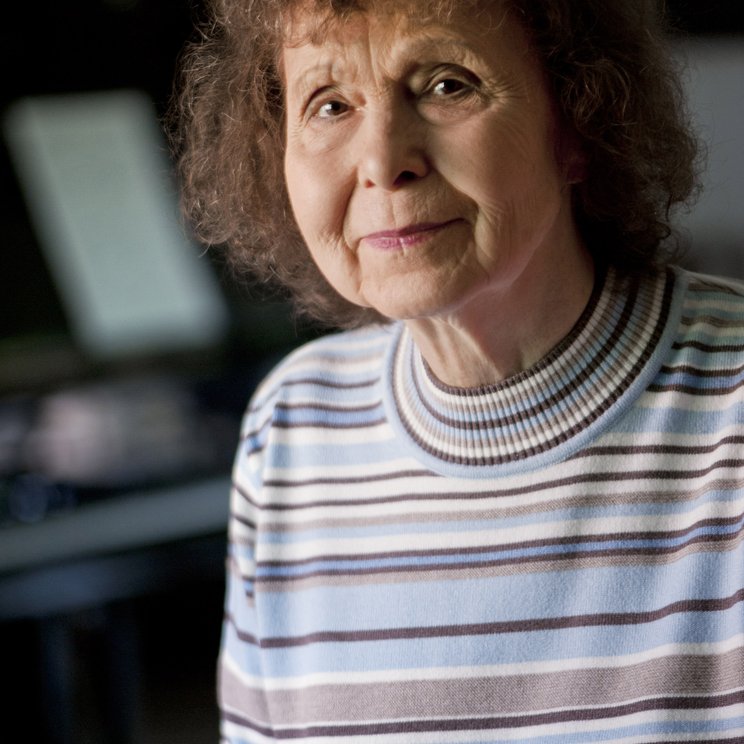
Sofia Gubaidulina
Vita
Sofia Gubaidulina | Composer-in-Residence in the Summer of 2011
“I do not write secular music. Secular problems are uninteresting as regards the process of composition,” says Sofia Gubaidulina. “To compose is always a spiritual effort. I would like to create a sense of unity between my existence and a higher realm, the divine. In this sense I understand composing to be a form of worship. And I understand spirituality as the root and meaning of life.” Such an attitude makes the composer, who was born in 1931 in the Tatar Republic of the Soviet Union, an ideal artist for our thematic focus in 2012, the “summer of faith,” in which she will play the role of composer-in-residence.
Her oeuvre will be explored in a comprehensive retrospective spanning nearly every genre, from solo pieces to large-scale works for chorus and orchestra. Her First Violin Concerto, titled “Offertorium,” which Gubaidulina wrote for violinist Gidon Kremer more than thirty years ago, marked her breakthrough and earned the composer international recognition, paving her way to the West. Meanwhile, Gubaidulina herself has described her pair of oratorios, “St. John Passion” and “St. John Easter,” which Andres Mustonen will conduct, as her major work. And Lucerne audiences will also have an opportunity to hear the rich treasures Gubaidulina has written for chamber music in pieces that call at times for unorthodox combinations of instruments. Yet there is one aspect that links all of her work: “For me music is first and foremost a mirror of the soul and the spirit,” the composer declares. “It leads me deeply inward?and yet opens a gate that connects me with the external world: with humanity as a whole, with the cosmos. And the listener will grasp this understanding in concert: the universal experience of harmony beyond the boundaries of nations, regions, and social background.”